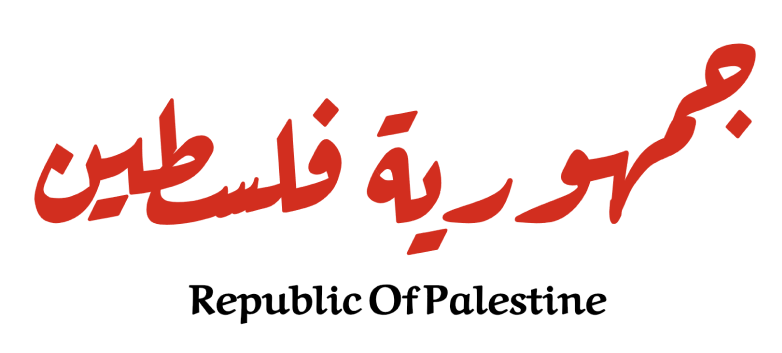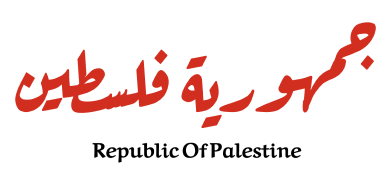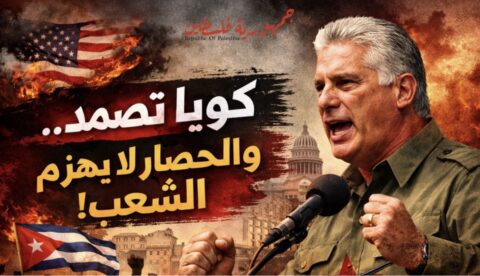The United States supported the Israeli military in rescuing four Israeli captives from Gaza on Saturday, in a “complex daytime operation” that killed over 200 Palestinians in Nuseirat, multiple news agencies have reported.
A US official told Axios that a US cell stationed in Israel “supported” the Israeli military’s operation, with the New York Times later reporting that the US provided “intelligence and other logistical support.”
Citing a source familiar with the matter, CNN reported that there were “no US boots on the ground,” adding that the American cell has been in place since 7 October, supporting Israel with information gathering.
However, videos circulating online on Saturday showed a helicopter taking off from the beach in Gaza with the US pier in the backdrop.
Two US officials told CBS News that the pier was not used in the operation and in a series of statements released later on Saturday, US Central Command (Centcom) said that the “pier facility, including its equipment, personnel, and assets were not used in the operation to rescue hostages today in Gaza.”
“The temporary pier on the coast of Gaza was put in place for one purpose only, to help move additional, urgently needed lifesaving assistance into Gaza,” Centcom said in a separate post on X, formerly known as Twitter.
Earlier on Saturday, the Israeli army said it targeted “terrorist infrastructure in the Nuseirat area,” north of the town of Deir al-Balah in the centre of the besieged enclave.
The Palestinian government media office in Gaza said the death toll from Israel’s attack reached at least 236, with 400 more wounded.
The Palestinian health ministry confirmed that a large number of dead and wounded Palestinian had arrived at Al-Aqsa Martyrs hospital. It said that most of them were children and women.
“The occupation has annihilated the Nuseirat refugee camp. Innocent and unarmed civilian were bombed in their homes. I’ve never seen anything like this. It’s a catastrophe,” local resident Nidal Abdo told Middle East Eye.
“I came from the camp to here in the hospital on foot. I can’t describe how we fled. I saw dead children and body parts strewn all over as we fled. No one was able to assist them. I saw an elderly man killed on a animal-drawn cart.
“Nuseirat was being annihilated. It was hell.”
Khalil al-Tahrawi, another resident, told MEE that Israeli forces began bombing Nuseirat following the early morning rescue operation.
“Israeli warplanes began bombing us in all directions to cover up the withdrawal process that had taken place. I do not know exactly what happened because I was taking shelter on the ground, but I could hear the sound of gunfire and of shells falling.”
Hamas released a statement on Saturday condemning US complicity in the operation.
It said: “American participation in the criminal operation that was carried out today proves once again the complicit role of the American administration, its full participation in the war crimes committed in the Gaza Strip, [and] the falsity of its declared positions on the humanitarian situation and its concern for the lives of civilians.”
Hamas said that the announcement of the “release of a number of its prisoners” in Gaza, referring to rescued Israeli captives, would not change Israel’s “strategic failure in the Gaza Strip” after eight months of “massacres, genocide, siege and starvation”.
“Our valiant resistance still maintains the largest number in its possession, and is capable of increasing its yield of prisoners,” the statement said.
‘We need a deal as soon as possible’
Later on Saturday, the Israeli army said the four captives – Noa Argamani, 25; Almog Meir Jan, 21; Andrey Kozlov, 27; and Shlomi Ziv, 40; were in good health and taken to hospital for medical checks for further evaluation.
Israeli police said that a military commander, Arnon Zamora, was killed in the mission.
All four were captured by Hamas on 7 October from the Supernova music festival and pictures on Saturday appeared to show Argamani hugging her father after being released.
“The heroic operation by the [Israeli army] that freed and brought home Noa Argamani, Shlomi Ziv, Andrey Kozlov, and Almog Meir Jan is a miraculous triumph,” the Hostages and Missing Families Forum said in a statement.
Hours after the rescue operation, protests erupted across Israel with thousands demanding Israeli Prime Minister Benjamin Netanyahu approve a permanent ceasefire deal with Hamas that would see the release of all Israeli captives.
The 7 October attack left 1,171 people dead and saw hundreds of Israelis taken to Gaza; 116 of the 251 taken are believed to be still held in Gaza.
“There are still hostages there and we need to get them all out,” said Michael Levy, who’s brother is still held captive in Gaza.
“They [the Israeli military] won’t be able to release all of them in a military operation, so we still have to get to a deal and seal it soon.”
Commenting later on Saturday, the spokesperson of Hamas’s Qassam Brigades, Abu Obaida, said that other captives had been killed during the rescue operation.
Earlier this week, the Israeli military announced it had verified the deaths of four Israelis held by Hamas, based on newly acquired intelligence.
According to the Israeli daily Haaretz, the Israeli army was checking whether they were killed by the group. All four captives were known to be alive when they entered Gaza.
Chaim Peri, 79, Amiram Cooper, 84, Yoram Metzger, 80, and Nadav Popplewell, 51, were believed to have been together in the Khan Younis area and to have died together several months ago.
In December, Hamas published a video of Peri, Cooper and Metzger alive, and in March Hamas said that the three were killed by Israeli strikes. The bodies of all four are being held by Hamas, the Israeli army said.
Israel’s war on Gaza, now in its ninth month, has turned much of the enclave, which is home to more than two million Palestinians, into an uninhabitable hellscape.
Whole neighbourhoods have been erased. Homes, schools and hospitals have been devastated by air strikes and scorched by tank fire.
Nearly the entire population is reported to have fled their homes, and those who remained in northern Gaza are on the verge of famine.
More than 36,000 people have been killed, the great majority of them women and children. Thousands more are missing or presumed to be dead under the rubble.






